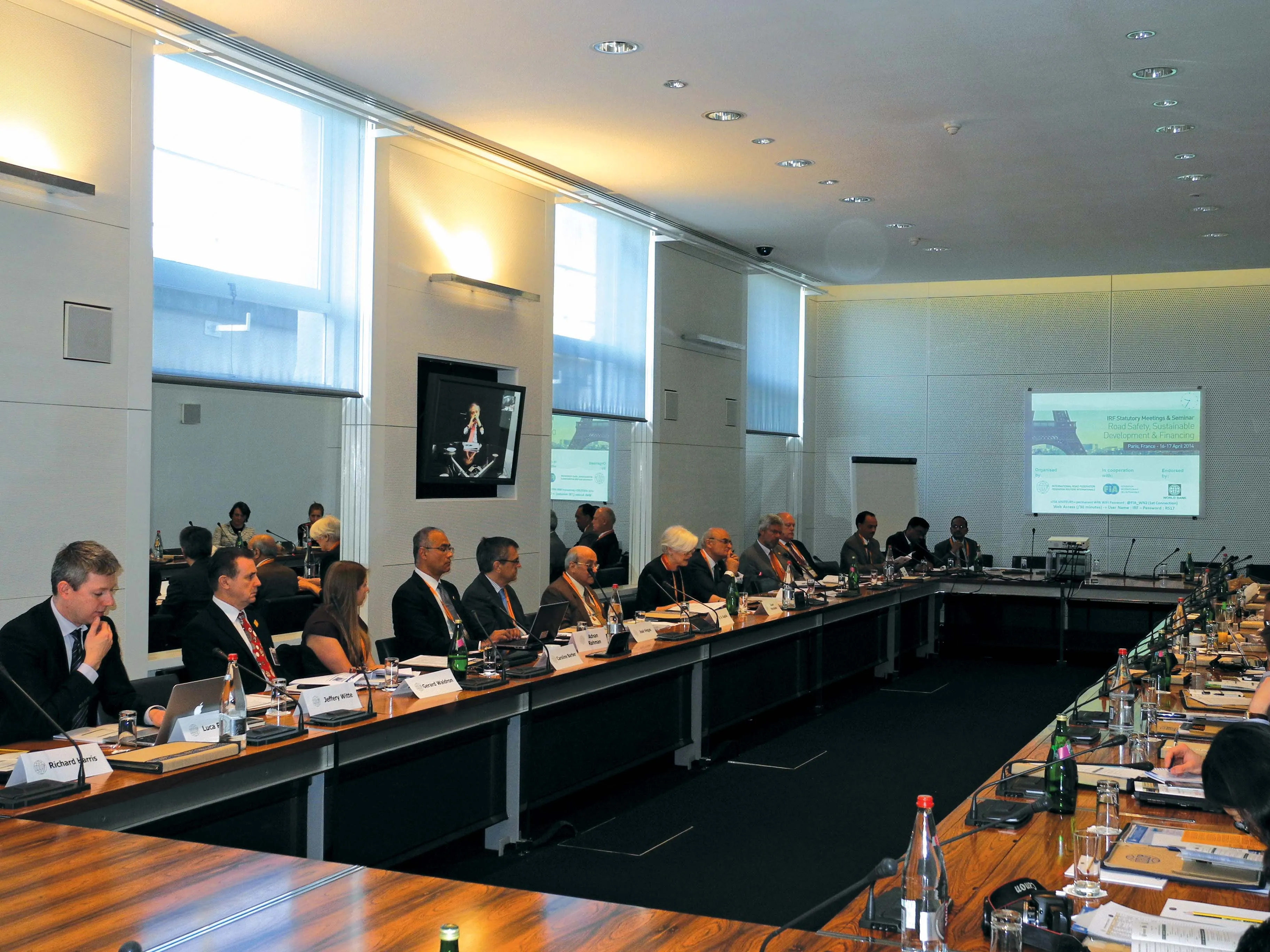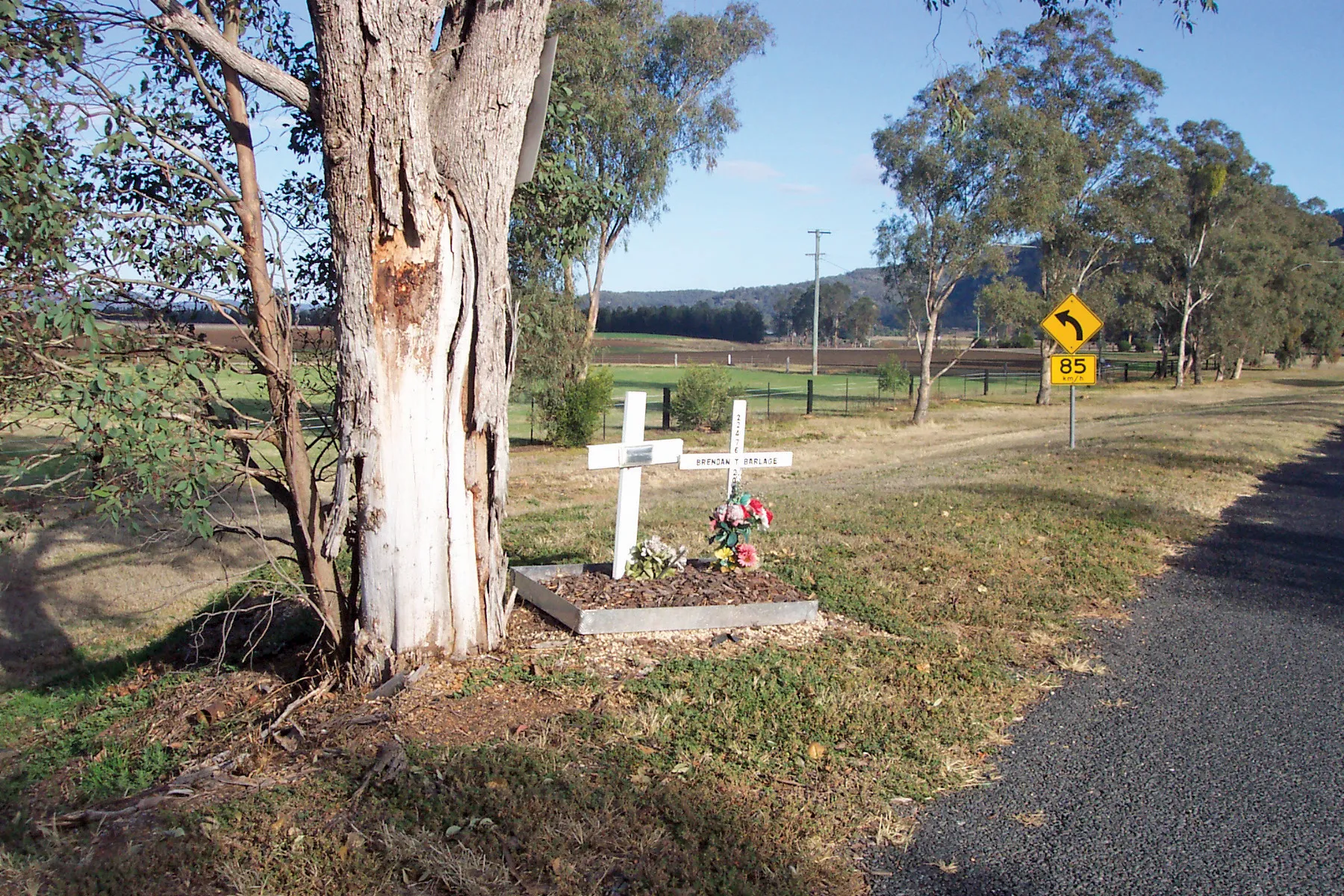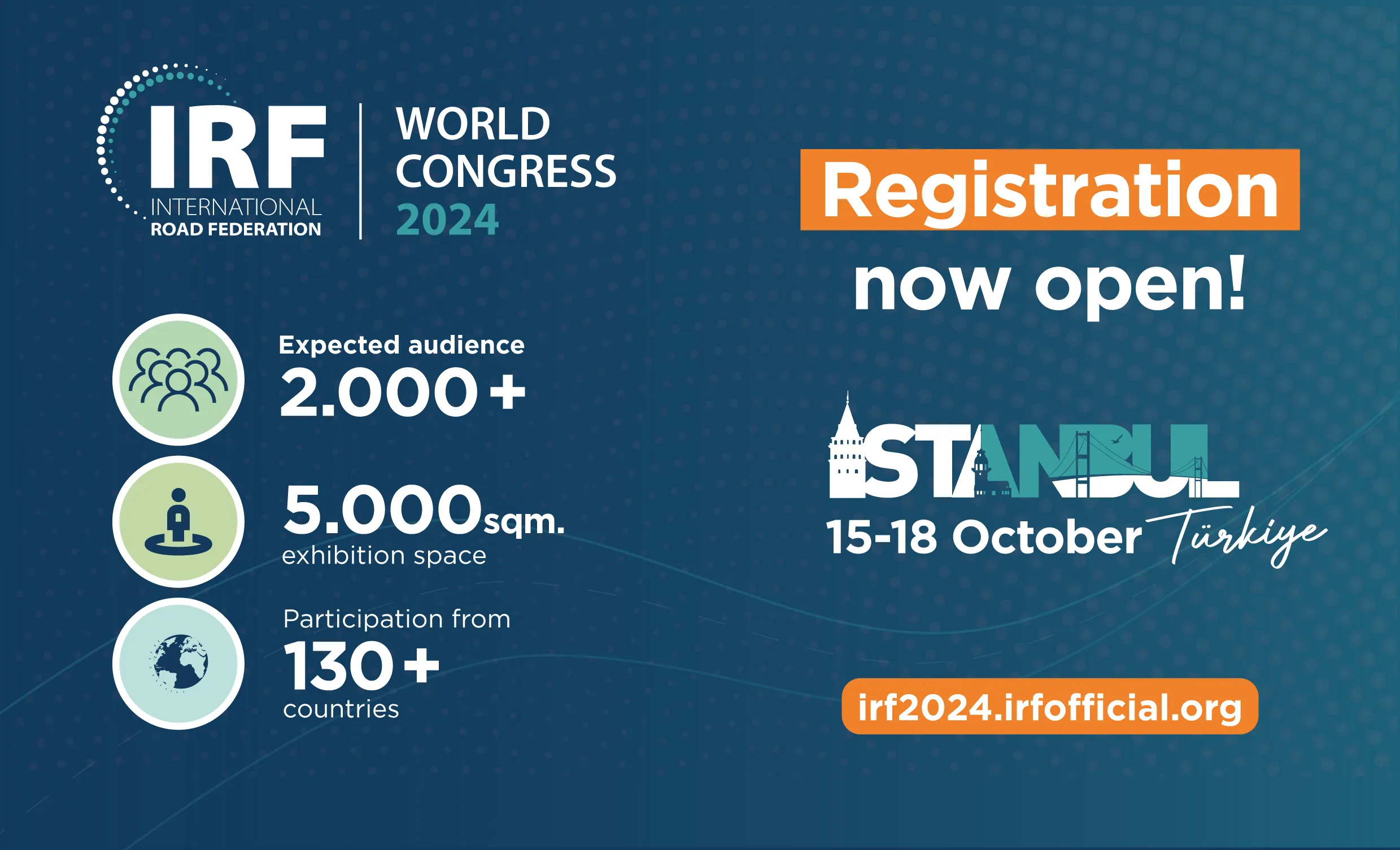IRF, together with the FIA, held a high-level seminar in Paris on Road Safety, Sustainable Development and Financing. Contributors to the seminar included, among others, the President and Secretary General of the FIA, the Secretary General of ITF, and the Chairman of iRAP IRF and the Fédération Internationale Automobile (FIA) jointly organised a seminar on Road Safety, Sustainable Development and Financing on Thursday 17 April, one week after the UN adopted its latest resolution on “Improving global road sa
June 30, 2014
Read time: 3 mins

IRF, together with the FIA, held a high-level seminar in Paris on Road Safety, Sustainable Development and Financing. Contributors to the seminar included, among others, the President and Secretary General of the FIA, the Secretary General of ITF, and the Chairman of iRAP
1201 IRF Geneva and the Fédération Internationale Automobile (FIA) jointly organised a seminar on Road Safety, Sustainable Development and Financing on Thursday 17 April, one week after the UN adopted its latest resolution on “Improving global road safety”.
The seminar was hosted by FIA at their international headquarters in Paris and brought together representatives of government, the private sector and non-governmental organisations to discuss issues including PPPs for road safety, the role of technology and education in reducing road crash fatalities, financing mechanisms for sustainable and safe road networks including road development and maintenance, implications of the new EU Concession Directive and Safer Road Investment Plans. The distinguished panel of speakers represented international organisations, multinational corporations and NGOs operating internationally.
Safe and sustainable roads are a crucial enabler for countries to progress national, regional and international sustainable development objectives. The seminar highlighted several issues that are critical for governments to consider in the post-2015 sustainable development agenda, such as funding safe road infrastructure, building the capacity of professionals including medical professionals involved in post-crash response, and robust enforcement of traffic laws.
“This Seminar will energise the discussion for the inclusion of road safety into the post-2015 agenda” said Jean Todt, president of FIA, in his opening statement. The secretary general of the1102 International Transport Forum (ITF), José Viegas, added “We will not be satisfied with any low numbers. We are aiming at zero fatalities.”
The seminar also highlighted opportunities that could help governments quickly and effectively progress their efforts – including ITS, public-private partnerships, virtual training, manuals.
In her address, Susan Pikrallidas, secretary general of FIA underlined the importance of working together and added that the seminar was a clear example of the advantages of collaboration.
Presented by IRF chairman, Kiran K Kapila, the conclusions of the Seminar outline a clear set of measures that could be easily implemented and help deliver safe and sustainable roads for all.
Green Roads: Call for new Case studies
Released in Geneva on 11 December, in the framework of the IRF Summit, “Bringing Policy and Practice Together,” the publication, “Moving Towards Green Road Infrastructure: Case Studies and Lessons Learned,” marked the fulfillment of the goal the IRF Environment Committee had set for itself in terms of tools to be developed to elucidate the stand of the Federation and its members, when it comes to roads and environment. The IRF Environment Committee now calls for new Case studies to be added to the publication.
The projects examined in the publication made provisions for sustainability at different stages of the life-cycle of road infrastructure: road planning, design, construction, maintenance and rehabilitation, management and operation.
The Case studies presented were diverse by nature and geographical Span, thus providing a solid basis for a thorough reflection on how to ensure that we design, construct, maintain and operate sustainable roads.
* If you are a member of IRF and think that your road infrastructure project has made provisions for sustainability that others can learn from, please contact Susanna Zammataro %$Linker:2 Email <?xml version="1.0" encoding="utf-16"?><dictionary /> 0 0 0 oLinkEmail [email protected] false mailto:[email protected] true false %> for further information.
* Members can follow developments on IRF Environment activities and share their experience through the IRF Environment Committee Group on Linkedin. Currently, there is an interesting ongoing discussion on Green Public Procurement in the road sector!
The seminar was hosted by FIA at their international headquarters in Paris and brought together representatives of government, the private sector and non-governmental organisations to discuss issues including PPPs for road safety, the role of technology and education in reducing road crash fatalities, financing mechanisms for sustainable and safe road networks including road development and maintenance, implications of the new EU Concession Directive and Safer Road Investment Plans. The distinguished panel of speakers represented international organisations, multinational corporations and NGOs operating internationally.
Safe and sustainable roads are a crucial enabler for countries to progress national, regional and international sustainable development objectives. The seminar highlighted several issues that are critical for governments to consider in the post-2015 sustainable development agenda, such as funding safe road infrastructure, building the capacity of professionals including medical professionals involved in post-crash response, and robust enforcement of traffic laws.
“This Seminar will energise the discussion for the inclusion of road safety into the post-2015 agenda” said Jean Todt, president of FIA, in his opening statement. The secretary general of the
The seminar also highlighted opportunities that could help governments quickly and effectively progress their efforts – including ITS, public-private partnerships, virtual training, manuals.
In her address, Susan Pikrallidas, secretary general of FIA underlined the importance of working together and added that the seminar was a clear example of the advantages of collaboration.
Presented by IRF chairman, Kiran K Kapila, the conclusions of the Seminar outline a clear set of measures that could be easily implemented and help deliver safe and sustainable roads for all.
Green Roads: Call for new Case studies
Released in Geneva on 11 December, in the framework of the IRF Summit, “Bringing Policy and Practice Together,” the publication, “Moving Towards Green Road Infrastructure: Case Studies and Lessons Learned,” marked the fulfillment of the goal the IRF Environment Committee had set for itself in terms of tools to be developed to elucidate the stand of the Federation and its members, when it comes to roads and environment. The IRF Environment Committee now calls for new Case studies to be added to the publication.
The projects examined in the publication made provisions for sustainability at different stages of the life-cycle of road infrastructure: road planning, design, construction, maintenance and rehabilitation, management and operation.
The Case studies presented were diverse by nature and geographical Span, thus providing a solid basis for a thorough reflection on how to ensure that we design, construct, maintain and operate sustainable roads.
* If you are a member of IRF and think that your road infrastructure project has made provisions for sustainability that others can learn from, please contact Susanna Zammataro %$Linker:
* Members can follow developments on IRF Environment activities and share their experience through the IRF Environment Committee Group on Linkedin. Currently, there is an interesting ongoing discussion on Green Public Procurement in the road sector!








